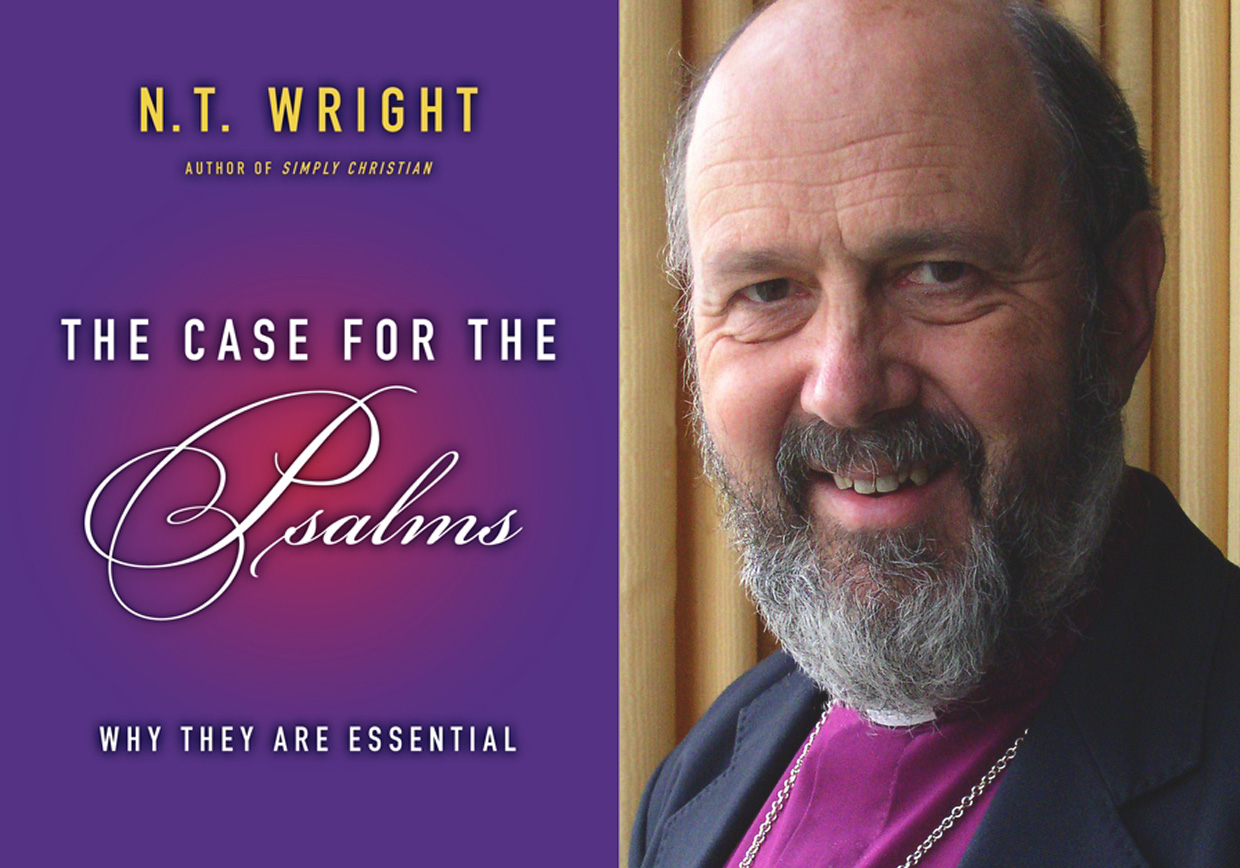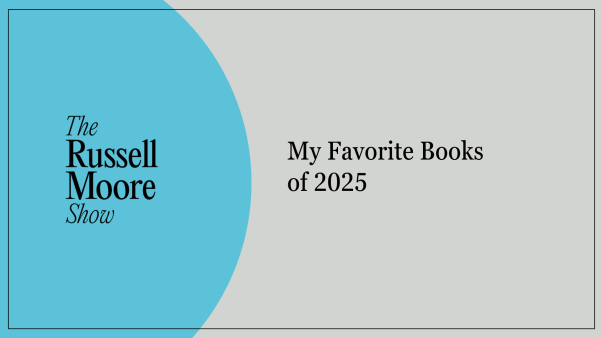N. T. Wright wants to see today’s media-saturated church shaped anew by a form of worship and prayer that has shaped the people of God for centuries. In The Case for the Psalms: Why They Are Essential (HarperOne) the churchman and biblical scholar calls our casual neglect of the Psalter a crisis in contemporary Christianity. Andrew Byers, a chaplain at St. Mary’s College at Durham University, spoke with Wright about aligning our values, theology, and perception of reality with the songs, poems, and prayers that saturated the hearts and minds of both Jesus and Paul.
Why would anyone need to make a “case for the Psalms”?
Over my lifetime, I have watched churches that used to sing the Psalms in their weekly worship cease to do so and often substitute modern worship songs. There is nothing wrong with modern worship songs. But I have seen the Psalms get a little neglected, then ignored altogether. At the same time, many churches that retain the Psalms use them in a way that fails to do justice to their richness and depth.
Why is this fading significance so problematic?
The Psalter is the prayer book Jesus made his own. We can see in the Gospels and in the early church that Jesus and his first followers were soaked in the Psalms, using them to express how they understood what God was doing. For us to distance ourselves from the Psalms inevitably means distancing ourselves from Jesus.
The Psalms contain unique poetry expressing the biblical faith in God as Creator, Redeemer, judge, lover, friend, adversary—the whole lot. There is nothing like them. The Psalms go right to the depths of the human emotions—they don’t just skate along the top. They explore what the great promises of God mean and what we do when those promises do not seem to be coming true.
What do you mean by the phrase “nonpsalmic worship”?
When people give up using the Psalms, they often invent poor substitutes—songs, prayers, or poems that have a bit of Christian emotion and a bit of doctrine, but nonetheless lack the Psalter’s depth, passion, and rich variety of expression. If one tries to do without the Psalms, there is an identifiable blank at the heart of things.
How can the Psalms transform us?
Within the Jewish and Christian traditions, you get your worldview sorted out by worship. The Psalms are provided to guide that worship. When we continually pray and sing the Psalms, our worldview will actually reconfigure according to their values, theology, and modes of expression.
It’s not that the Psalter give us “Five Rules for Constructing Your Worldview.” But it does embody the worldview that is to shape the people of God. And somebody who is regularly exposed to certain media forms (like a sequence of films, or a radio talk show with a particular bias) will begin seeing the world through those ideas and values, at least to some degree.
Are songs and poems from the ancient Near East really sufficient for shaping our worldview today?
There is a prejudice in much of contemporary Western society that imagines that humankind grew up sometime in the 18th century, that everything before then is sort of silly, and that everything after then is sophisticated, intelligent, and informed by science.
But what is true today was true in the first century: There was a clash of worldviews. The early Christians discovered themselves drawn into the Psalter’s ancient Jewish way of seeing God as both totally other than the world and radically present—dangerously present—within it. And of course, this very description of God is also the description of Jesus. The Psalms enabled the first generation of Christians to navigate the world of their day, a world not all that different from our own.
How does Jesus’ entrance into human history affect how we read the Psalms?
Since Jesus was raised from the dead, the first Christians understood that he was the expected Messiah. So their approach to the Psalms had to be reconceived. We have to assume that as good Jews, the first Christians were praying the Psalms day by day, but now with this wholly new and unexpected focus.
It was actually quite disorienting. Instead of the temple, Jesus is the place where God has decided to dwell on the earth. And since the Spirit has been poured out upon the church, somehow God’s presence is everywhere, rather than concentrated in one place. The Psalter needed to be re-read from top to bottom and radically refocused around Jesus and the Spirit. This made the first Christians newly aware of Jesus’ personal presence in their worship and prayer.
Much of the Psalms, especially the songs of lament, can be unnerving. What should we make of these raw, brutal pleas? Can we pray, with Psalm 139, that God would “slay the wicked”?
Almost all human beings find themselves overcome, from time to time, by extreme anger and hatred. It is not that these emotions should determine how we live. But we must have a way of saying, “Yes, that is actually where I am right now.” And the safest and best place to do this is in the presence of God. The Psalms offer us a way of worshiping God amid any and all emotional states.
Also, the Psalms promote a hyperideal hope for the world. They help us see that God wants a world in which there will be no evil. If there is injustice, if the poor are being oppressed, then it is right to pray that God will rid the world of that. Part of our reaction to the so-called “cursing Psalms” is that we think the modern world basically has the problem of evil solved. The Psalms bring us up short and say, “No, evil is real, and some people are so wicked that we simply must wish judgment upon them.”











